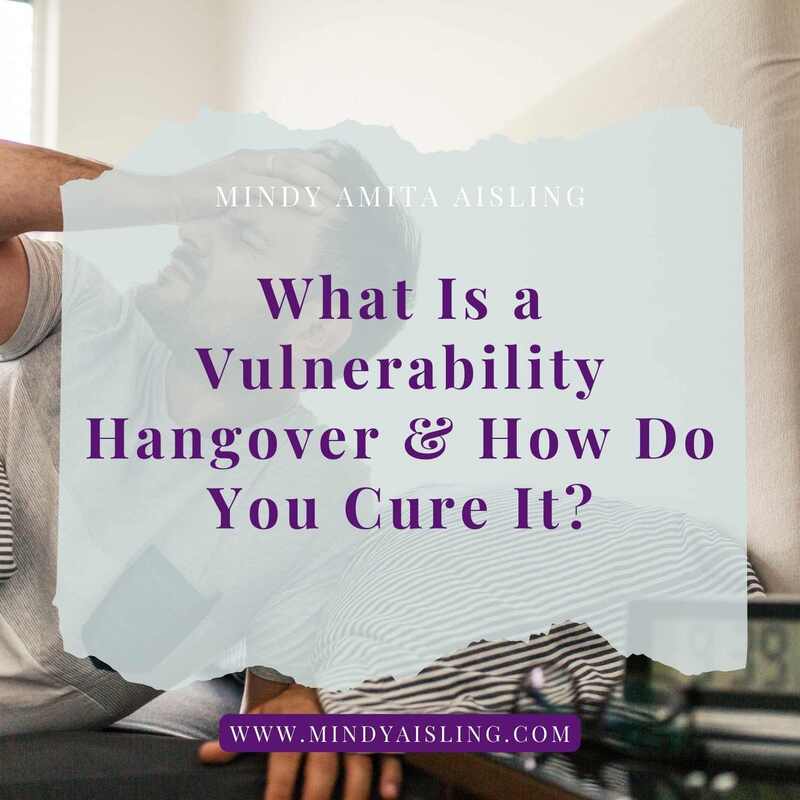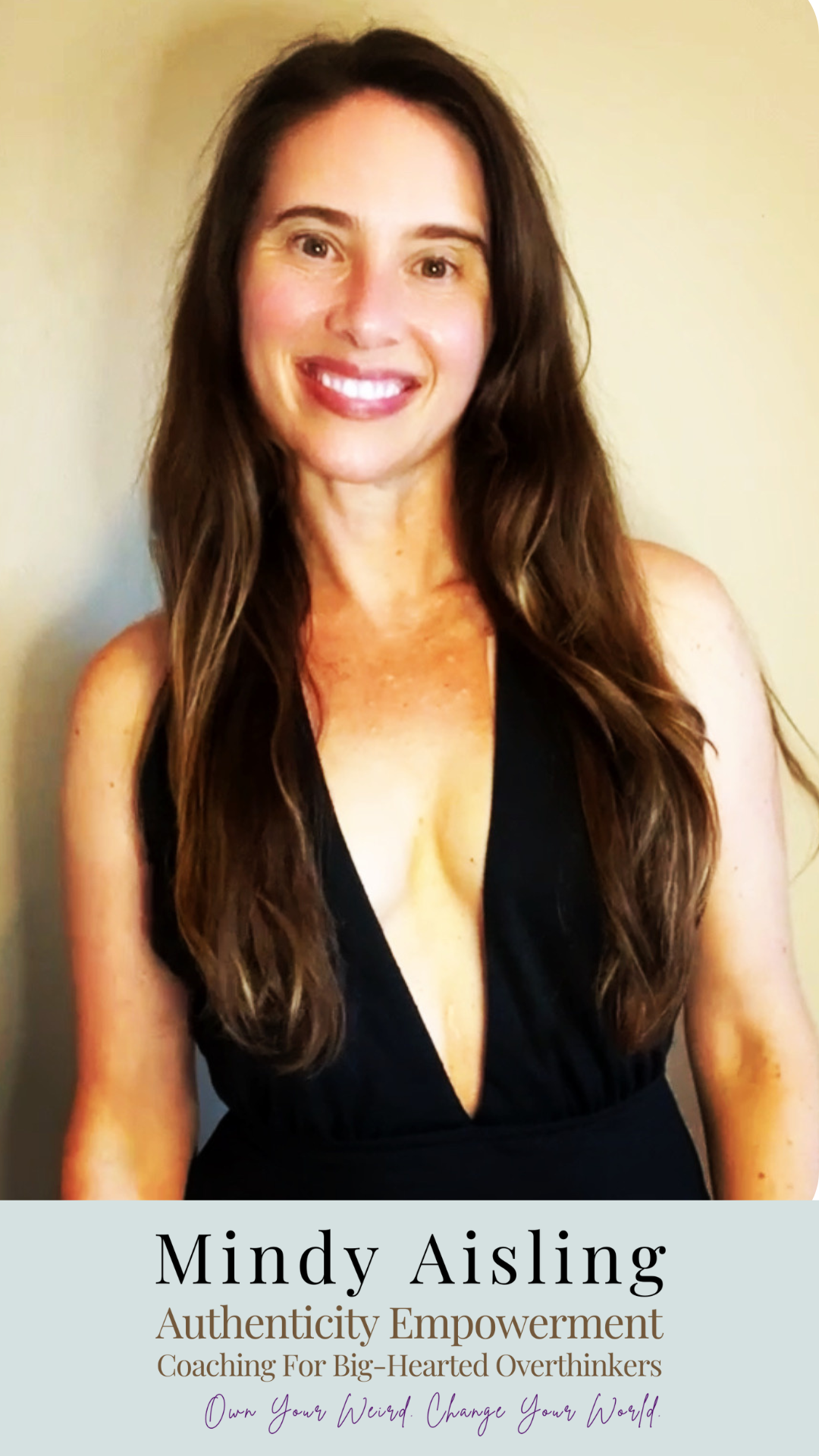|
Have you ever experienced that overwhelming wave of discomfort and regret after opening up and being vulnerable? That gnawing feeling that maybe you revealed too much or shared something that should have remained hidden? Welcome to the realm of the vulnerability hangover, a phenomenon that many of us have encountered but few truly understand. Let's delve into what a vulnerability hangover is and explore strategies to overcome it.
Understanding the Vulnerability Hangover The term "vulnerability hangover" was coined by Brené Brown, a renowned researcher and storyteller who has extensively studied vulnerability, shame, and courage. This phenomenon refers to the intense feeling of emotional discomfort or even regret that follows after we've shared something personal, authentic, or vulnerable with others. It's that sinking sensation that leaves us questioning our decision to be open and exposed. Why Does It Happen? Vulnerability hangovers arise from a collision of emotions. When we share something personal or authentic, we open ourselves to the possibility of judgment, rejection, or misunderstanding. Our brain's natural response to potential threats is to trigger discomfort, anxiety, and even shame. This is a survival mechanism, but in the context of vulnerability, it can manifest as a vulnerability hangover. Curing the Vulnerability Hangover While the vulnerability hangover can be uncomfortable, it's important to recognize that it's a sign of growth and courage. It indicates that you've stepped out of your comfort zone and allowed yourself to be seen authentically. Here are strategies to help you navigate and cure the vulnerability hangover: 1. Self-Compassion: Practice self-compassion and remind yourself that feeling vulnerable is a natural part of being human. Treat yourself with kindness and understanding, just as you would a close friend who's experiencing a similar situation. 2. Reflect: Take some time to reflect on why you chose to be vulnerable in the first place. What was the intention behind sharing your thoughts or experiences? Often, recognizing the positive reasons behind your actions can help alleviate the discomfort. 3. Normalize It: Understand that vulnerability hangovers are common, especially when we step outside our comfort zones. Knowing that others experience this too can reduce the feeling of isolation. 4. Challenge Negative Thoughts: If you find yourself dwelling on negative thoughts or self-criticism, challenge them. Consider whether those thoughts are based on facts or if they're being blown out of proportion by your vulnerability hangover. 5. Seek Support: Talk to someone you trust about how you're feeling. Sharing your vulnerability hangover experience with a friend or confidant can help you process your emotions and gain a different perspective. 6. Embrace Growth: Remind yourself that vulnerability is a catalyst for personal growth and connection. The discomfort you're feeling is a sign that you're pushing boundaries and evolving as an individual. 7. Stay Present: Practice mindfulness techniques to stay present and grounded. Focusing on the here and now can help alleviate the anxiety associated with a vulnerability hangover. 8. Practice Gradual Exposure: If vulnerability hangovers are a recurring issue for you, consider practicing gradual exposure. Start by sharing smaller, less intense vulnerabilities before gradually working your way up to more personal topics. 9. Embrace Imperfection: Recognize that nobody has it all figured out. Embrace your imperfections and understand that vulnerability is a sign of authenticity, not weakness. 10. Celebrate Courage: Acknowledge and celebrate the courage it took to be vulnerable. Focus on the bravery you demonstrated rather than fixating on any perceived shortcomings. The vulnerability hangover may be uncomfortable, but it's a testament to your willingness to be genuine and open with others. Instead of allowing it to hold you back, use it as a stepping stone toward personal growth and deeper connections. By practicing self-compassion, reframing your thoughts, and celebrating your courage, you can navigate vulnerability hangovers and reap the rewards of living an authentic and fulfilling life.
0 Comments
Leave a Reply. |
AuthorMindy Amita AislingAuthenticity EmpowermentLife Coaching for Big-Hearted Overthinkers & Entreprenerds🐲Own Your Weird
🌎 Change Your World ⬇️ DIY Courses 👩🏻💻1:1 RemoteCoaching Fully Accredited ICF Certified Mindy Amita Aisling, is a professionally trained and board-certified leadership, authenticity, and entrepreneur coach.
Mindy exceeds all requirements set forth by the International Coaching Federation (ICF) for Master Coach certification. Mindy is also a licensed mediator, communications coach, and conflict resolution practicer. As a mediator, she has worked both in private practice and as a court appointment mediator at her local county courthouse. Through her innovative approach, she assists clients in examining their limiting beliefs, questioning their assumptions about how the world works, and releasing the notion that they are anything less than perfect. As a result, individuals who work with Mindy cultivate the ability to stand firm in their beliefs, live authentically and decisively, and discover an experience of life that is easy and graceful. In 2021, Mindy founded How to Be Human and Entreprenerd. These programs have enabled her to share her wisdom and knowledge with a broader audience in service of her vision of helping others live authentic lives This, in turn, has empowered more individuals to lead their most TRUE and COURAGEOUS lives. When she is not working, Mindy can be found playing outdoors in the beautiful Pacific Northwest, creating art, spending time with friends & family, or with her nose deep in a book. You can sign up for her newsletter here. Archives
June 2024
Categories
All
ICF Certified Life CoachAffordable Online Life Coaching |


 RSS Feed
RSS Feed
